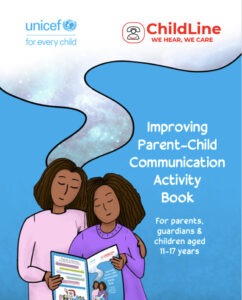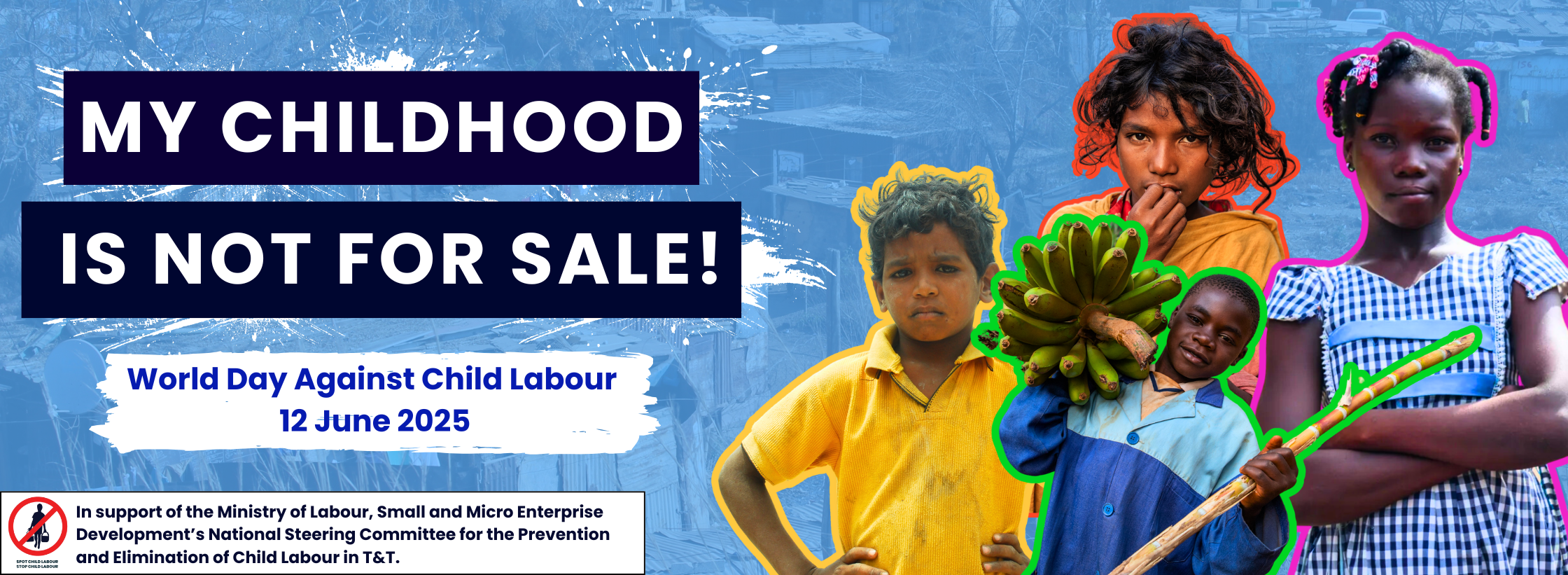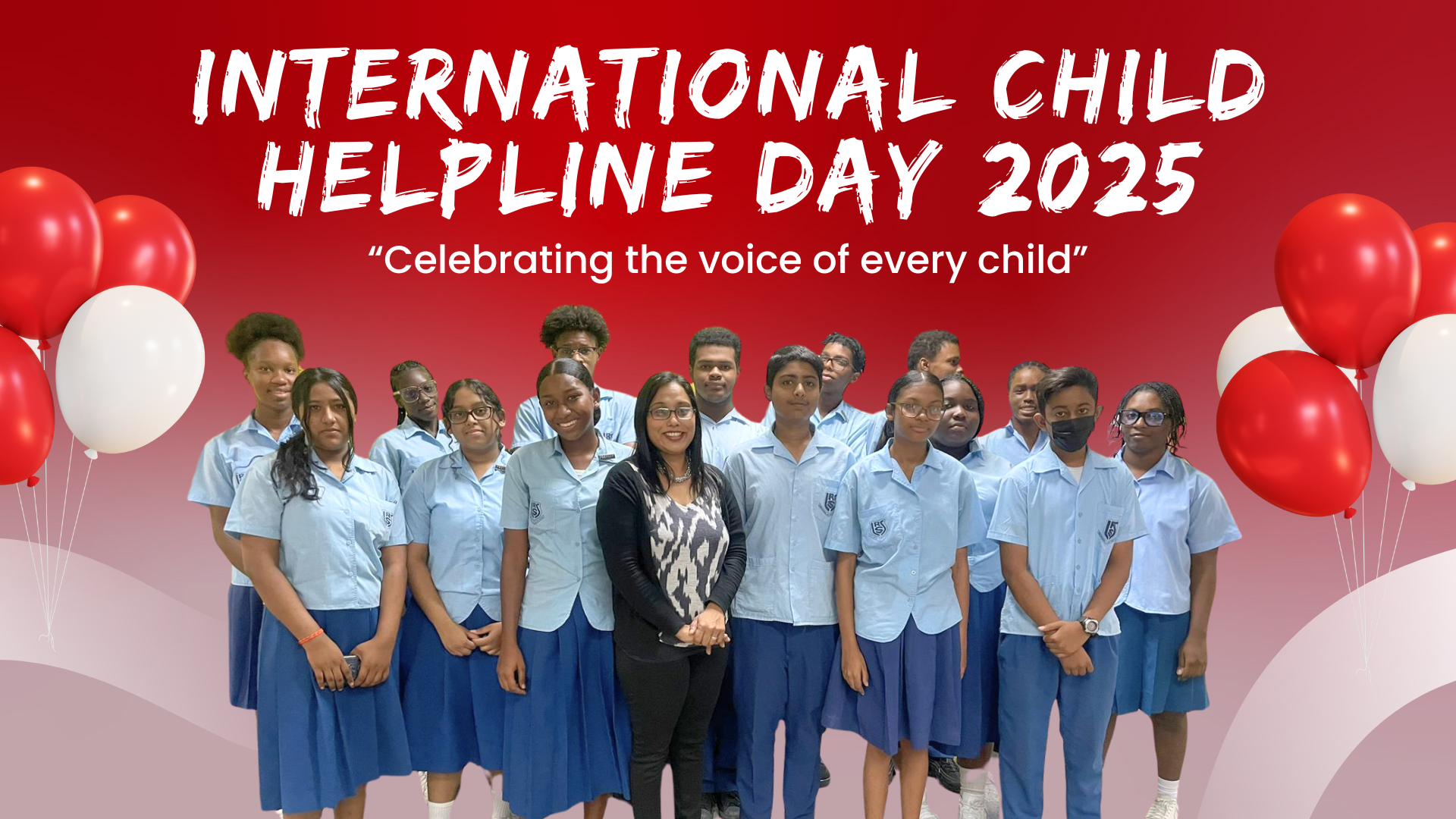Domestic violence refers to the occurrence of physical, emotional, spiritual, or sexual abuse in the home. This can happen in any relationship, to both men and women, inside and outside of the home. It can include hitting, cutting, controlling someone’s finances, not letting them leave the house, controlling who they talk to, or threatening to hurt their loved ones.
Children and youth who are exposed to domestic violence experience emotional, mental, and social damage that can affect their developmental growth.
Effects of witnessing abuse on children
Young people exposed to domestic and family violence are more likely to:
- Experience physical symptoms like nausea and headaches
- Experience sleep or appetite disturbances
- Suffer from depression and/or anxiety (and other disorders)
- Abuse drugs and alcohol
- Bully others at school and/or at work
- Use violence or manipulation in their relationships
- Be vulnerable to violence or manipulation in other relationships
Sometimes the dangers of being exposed to domestic violence are not just about witnessing it. Children and young people can also often be physically hurt during violent episodes, either accidentally or deliberately.
However, not all children who witness or experience domestic violence will experience lasting negative psychological effects or even go on to perpetuate the cycle of abuse. With differences in emotional coping abilities and external support systems, some children will recover without issue. However, prevention through education, counselling, and support from loved ones will always be a safer path for any family.
How can you keep children safe?
As a parent or guardian, if there’s violence or abuse in your relationship then your children may be at risk from being hurt. This can be directly or indirectly, from being lashed out on or accidentally stumbling into an altercation. Always make sure that your children understand that the abusive behaviour they may have been exposed to is wrong and that it is not the way people (including themselves) should be treated.
Encourage them to tell you about anything that has been said or done to them, especially if you cannot always be around to look after them. Ensure that they know that the abusive behaviour is not their fault and not their responsibility to fix.
Show your children the importance of personal safety by leaving an abusive situation.
Teach them to ask for help and who amongst your family or friends is safe to go to if they need help when you are not around.
Teach them how to call emergency services and where they can find support outside of the home.
To report abuse or suspected abuse, or to get help for yourself or your child, contact any of the following numbers:
ChildLine: 800-4321 or 131
Police: 999
Children’s Authority: 800-2014 or 996
Domestic Violence Helpline: 800-7283
[/et_pb_text][/et_pb_column][/et_pb_row][/et_pb_section]









